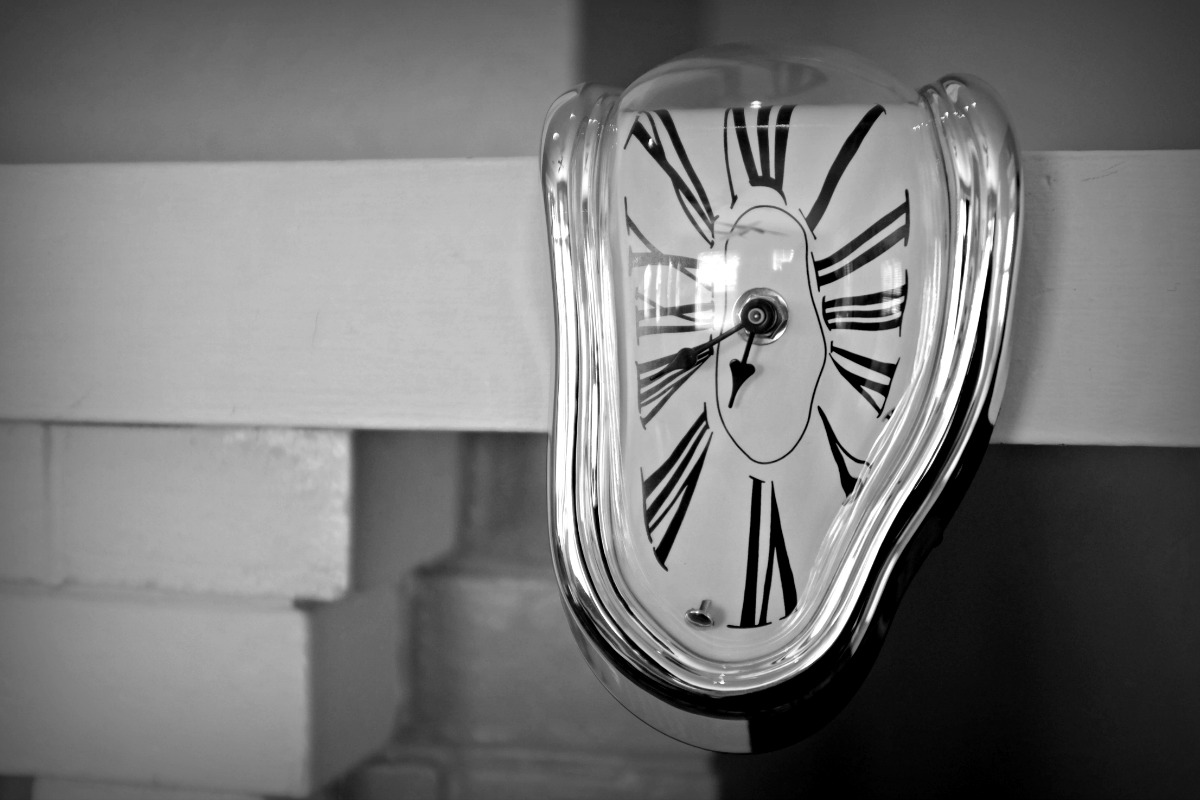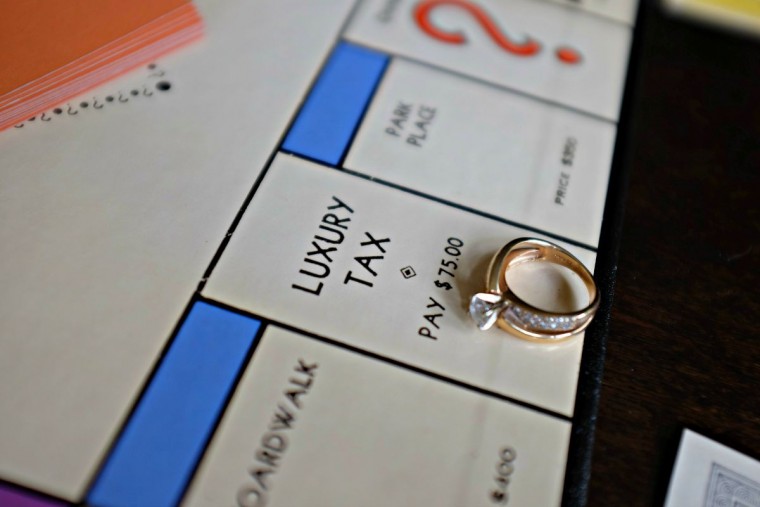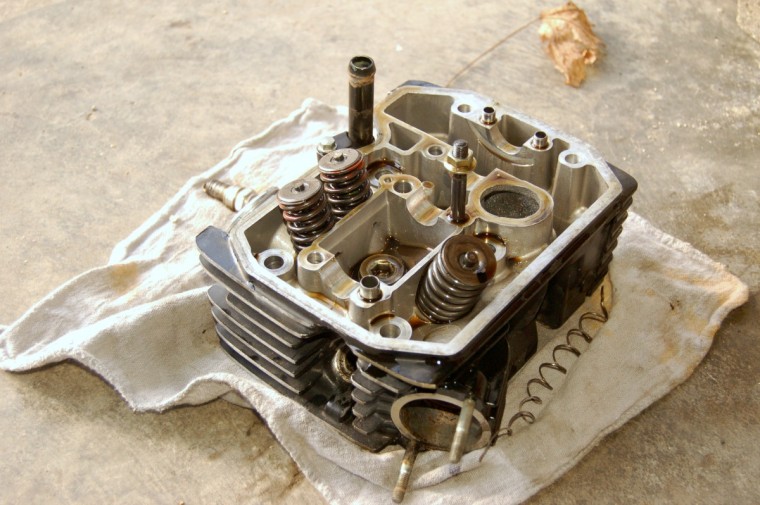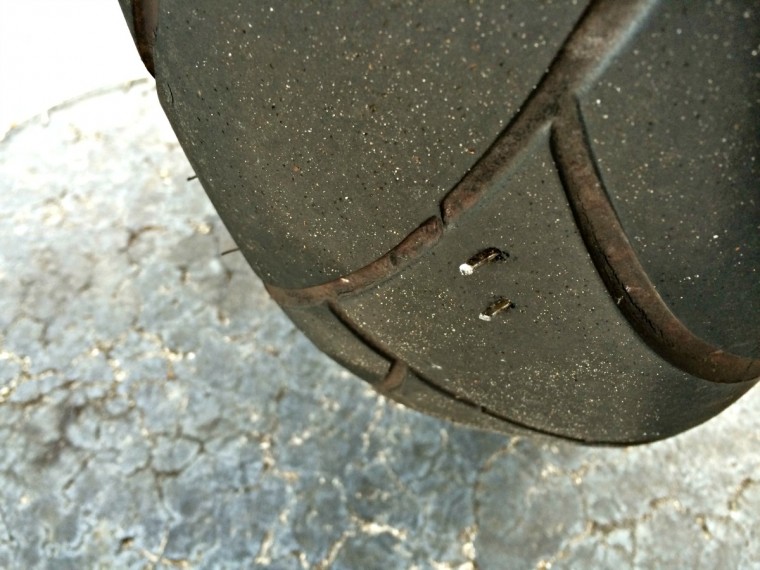True or False: “Renting is throwing your money away.” You’ve heard it dozens of times, and now it’s time to analyze the truth of this statement. (Scroll down for the answer.)
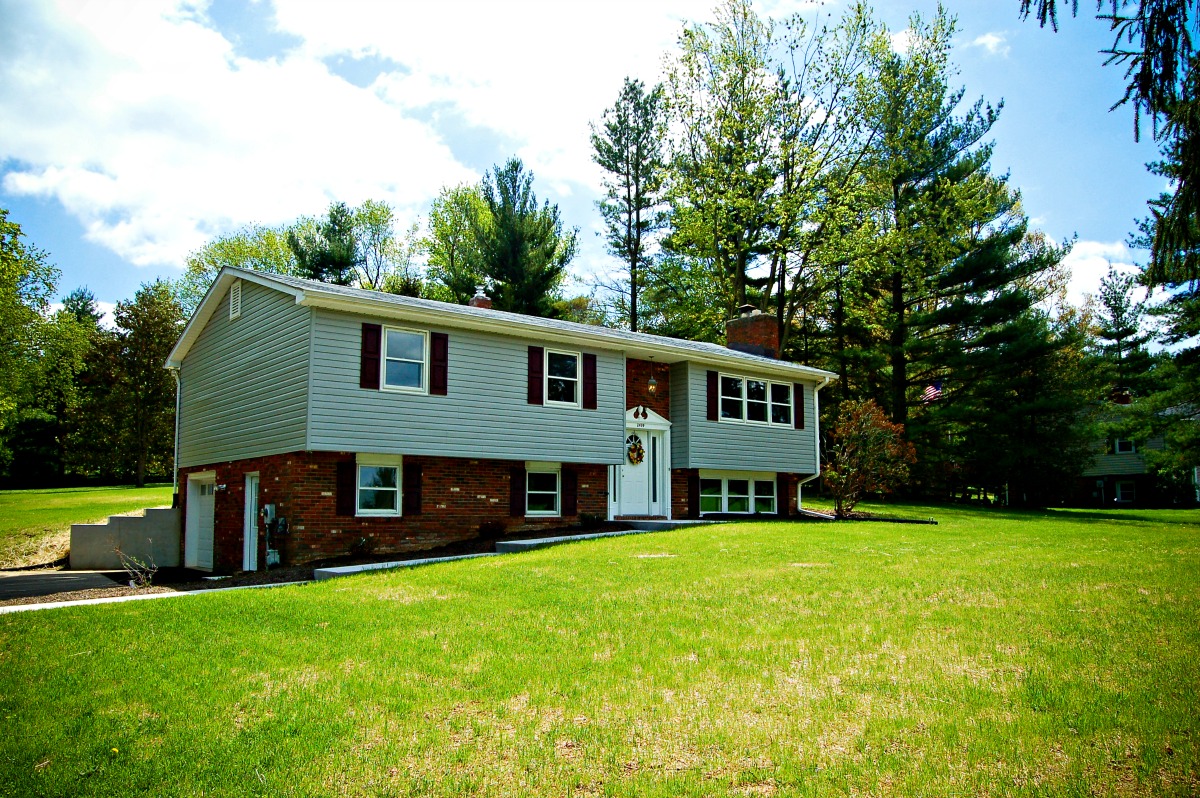
False.
There is nothing wrong with owning your own home. I will do so eventually. But only at the right time, for the right price, and with the right information.
When buying a home is done well, it is wise. When done poorly, home ownership is sad. It leaves the homeowners house poor, meaning they have very little cashflow for other responsibilities.
It bums me out to see people get the big house of their dreams only for it to become a a ball and chain, holding them back from more important goals. (This is also why I can’t be happy for people who buy a brand new car they can’t afford.)
I’ll even go as far as to say this: If you aren’t sure you are ready to buy a house, you should rent (cheaply) by default.
If you rent for a season, you can learn the area, save up for a big down payment, and fully understand the cost of home ownership.
Not sold? Keep reading.
